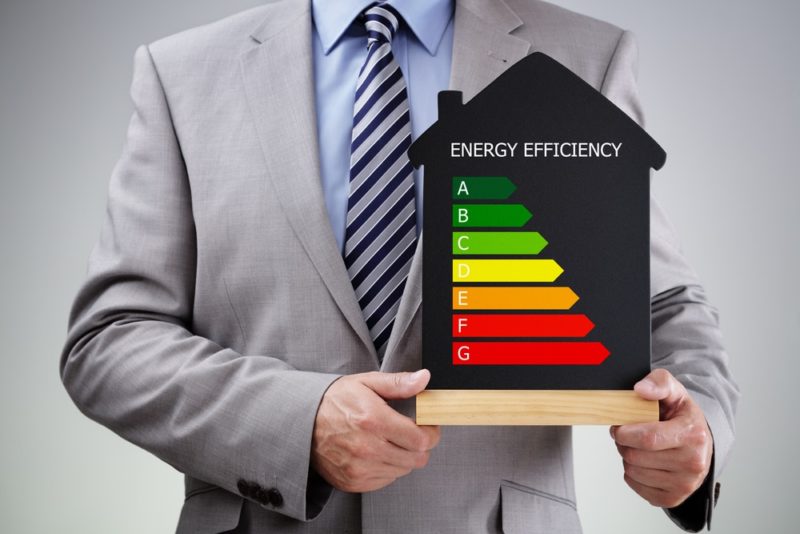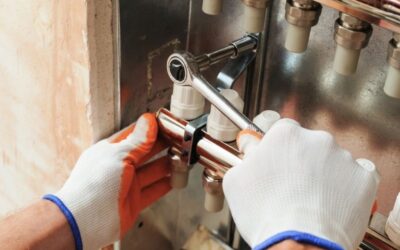You’ve likely seen the terms "EER" and "SEER" used within the air conditioning industry, but what do they mean? When considering the energy efficiency of your Raleigh, North Carolina, air conditioner, you’ll want to look carefully at the labels that have EER and SEER values.
Energy Efficiency Ratio (EER) Explained
Since 1980, all new air conditioners sold carry a yellow "Energy Guide" tag. This tag rates the air conditioner’s efficiency compared to other models in its class, as determined by size and features. Room air conditioner units get an energy efficiency ratio (EER) based on how much electrical wattage the air conditioner uses for its cooling output.
To read an EER value correctly, look at the yellow "Energy Guide" tag. Consider, for example, a unit with a 10 EER value that has a range of values from 9 to 12. The greater the number within that range, the more efficient the unit will be and the less it will cost you to operate it.
Seasonal Energy Efficiency Ratio (SEER) Explained
Central air conditioners get assigned a seasonal energy efficiency ratio (SEER). As with an EER value, the higher the SEER value, the more energy efficient the air conditioner will be.
Keep the following in mind when evaluating central air conditioning systems: you’re not looking for a specific number, but a unit that scores well within its class. Some utility companies will offer rebates to customers who buy energy-efficient appliances for their homes. To find out if you qualify for a rebate, check with your utility company.
What About Energy Star?
To receive an Energy Star label, air conditioners must have high-efficiency compressors, fan motors, and heat-transfer surfaces. The Energy Star label confirms that the unit exceeds minimum federal standards for energy usage by at least 10 percent.
Turn to the home cooling professionals of Cape Fear Air, Electric, & Plumbing to help you assess your Raleigh home air conditioner’s energy efficiency. Call us at 919-246-5801.
Image provided by Shutterstock




